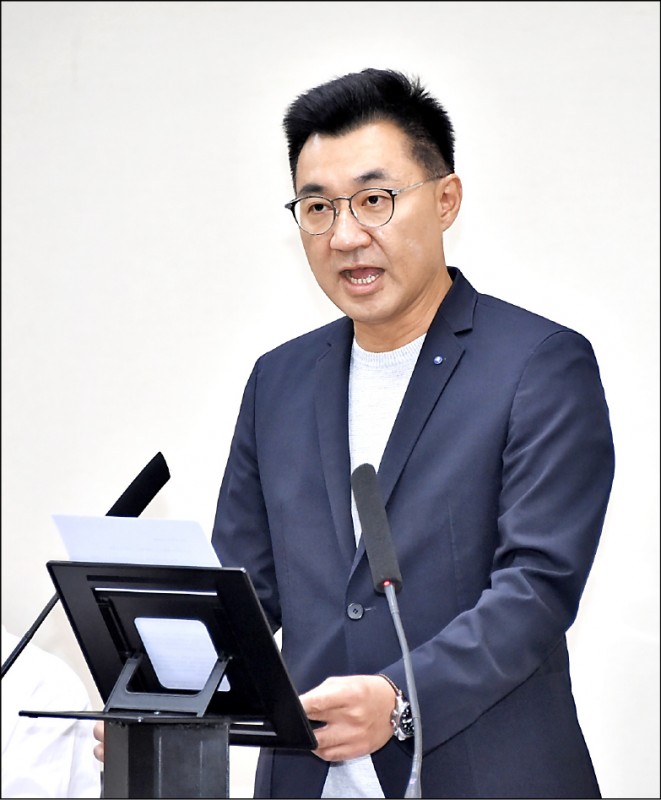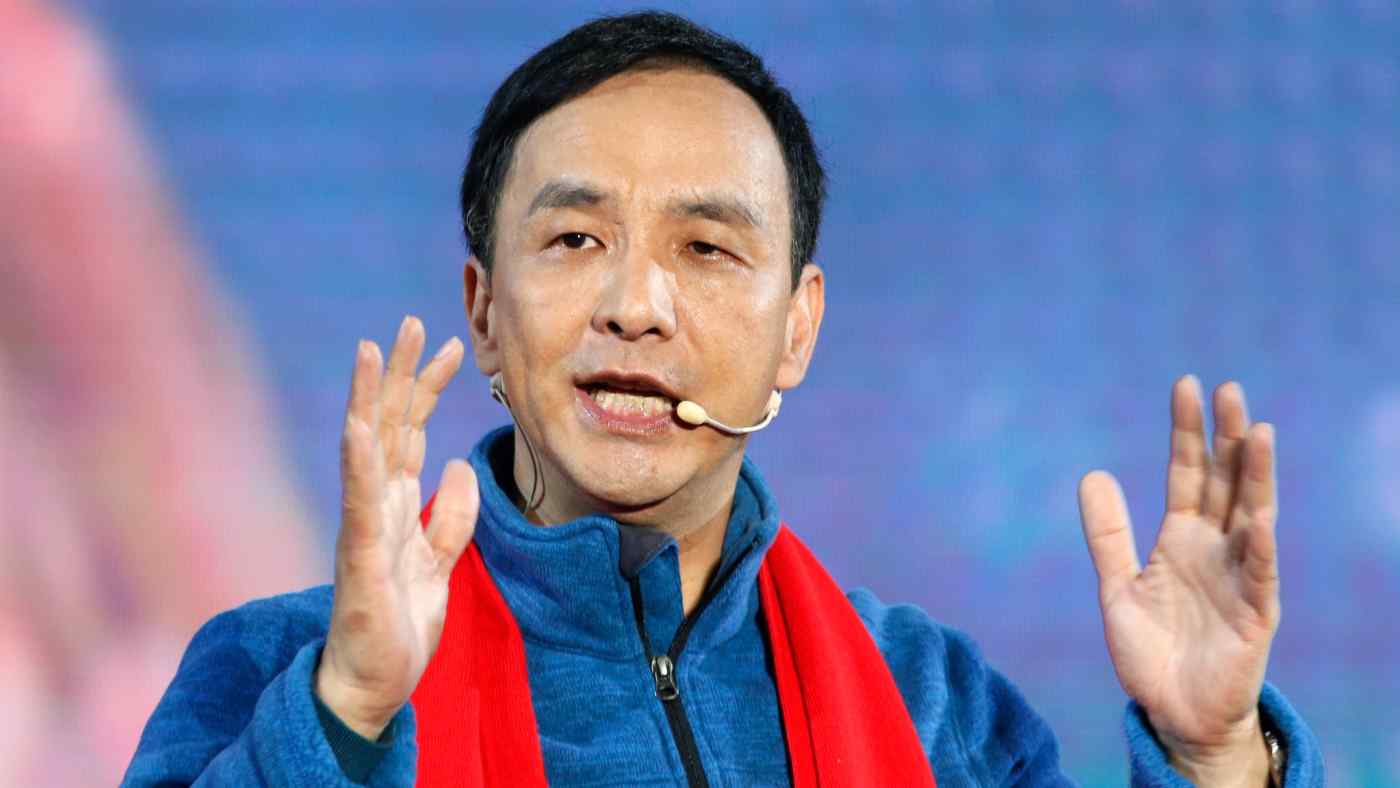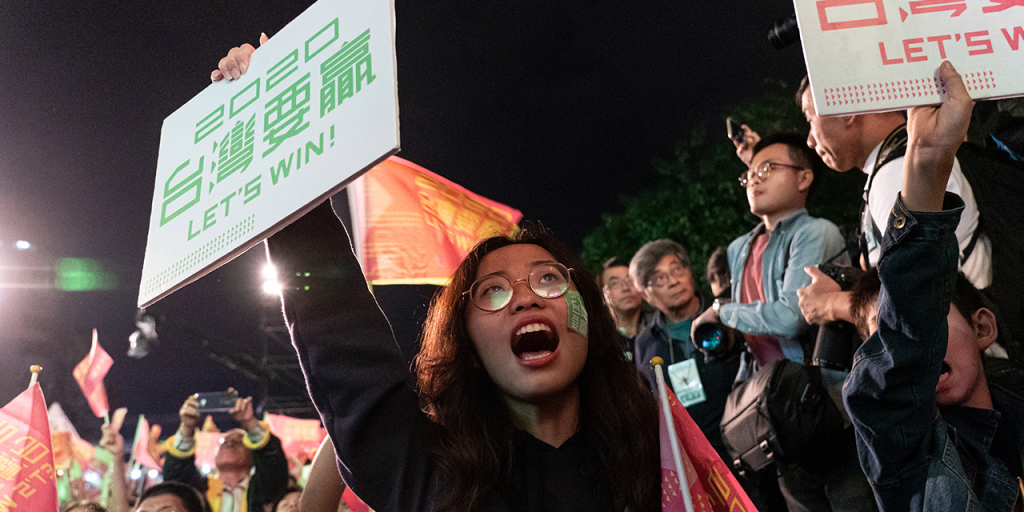Why this month’s KMT chairman election matters for the 2022 and 2024 elections?

Source:Taipei Times
The KMT’s next chairman will likely become the 2024 KMT presidential candidate. What are the impacts if Johnny Chiang or Eric Chu become the KMT’s next “kingmaker”?
Views
Why this month’s KMT chairman election matters for the 2022 and 2024 elections?
By Grace Faerberweb only
The election on September 25th of the KMT’s next “kingmaker” will signify the direction of the party heading into the December referendum elections and 2022 local elections. If the chair leads the party to success in those elections, he will also likely become the 2024 KMT presidential candidate.
The current chairman Johnny Chiang (江啟臣) is running for re-election and is challenged by Eric Chu (朱立倫), former chairman and New Taipei City mayor 2010-2018. Chu has been designated the leader of a growing anti-Chiang faction in the KMT accusing Chiang of failing to monopolize on Taiwan’s May COVID-19 outbreak to attack the DPP and President Tsai. Sun Yat-sen School President Chang Ya-chung (張亞中) and former Changhua County Commissioner Cho Po-yuan (卓伯源) also placed bids for chairman, but the race is considered to be a two-man brawl between Chu and Chiang.
 (Source: Liberty Times Net)
(Source: Liberty Times Net)
Chiang is 49 years of age and focused on reforming the party, emphasizing his commitment to increasing youth membership – the KMT is estimated to have support from only 10% of youth aged 20-29. Chiang aims to pass the party’s two referendums in December, secure 15 KMT mayoral and commission seats in the 2022 local elections, and regain control of the Legislative Yuan and presidency in 2024. Chiang noted in his re-election bid that the reforms he began as chairman must continue, and success in 2022 and 2024 will be dependent on reforming the party.
However, Chiang is not popular among the older generation of KMT leadership or in Beijing. The CCP has halted cross-strait forums with the KMT since Chiang became chairman and views him as too friendly toward the DPP. In comparison, Eric Chu, older at 60 years of age with traditional familial ties to China, represents a return to a “true blue” KMT.
Chu promises as chairman to restore cross-strait dialogue and exchange and support the 1992 Consensus. Like Chiang he also promotes the importance of youth engagement in the KMT and the need to reform the party. When it comes to relations with the United States, both candidates present themselves and the KMT as pro-America and have expressed plans to open a KMT representative office in DC.
 (Source: NIKKEI Asia)
(Source: NIKKEI Asia)
Impact of the Chairman Election on Taiwanese Politics and Future Elections
Chiang’s re-election as chairman would put the party on the path toward much-needed reform and, in 2022, bring to the ballot candidates that would appeal to the younger voters the KMT desperately needs. Chiang as a 2024 presidential candidate would also be far more popular than Chu among voters under 59 years of age who are estimated to make up 72% of the electorate.
However, Chiang’s re-election is unlikely, given the rallying of KMT establishment and leadership around Chu. A KMT chaired by Eric Chu is less likely to be revamped in the way necessary to appeal to a wider array of voters in 2022 and 2024. However, if the KMT succeeds in the December 18th referendums – particularly the ractopork vote – it may mobilize enough anti-Tsai support from rural communities and the growing independent vote to gain seats in 2022 and 2024.
If the KMT capitalizes on the failures of the DPP and Tsai administration in local issues as it did to much avail in 2018, rather than playing to ROC nationalism, cross-strait issues, or debates over Taiwanese independence – all of which are overwhelmingly unpopular among the general public – the party may just have a chance at success.
 (Source: Getty Images)
(Source: Getty Images)
In November 2018 the KMT swept Taiwan’s regional elections in a “blue wave,” electing KMT mayors to Kaohsiung, Taichung, and New Taipei City, with the DPP losing control over seven cities and counties. The KMT was able to win referendums and capitalize on the unpopularity of the DPP in local issues like public health, energy policy, pension and labor reform – all of which are red hot issues again in 2021 and will likely dominate the 2022 and 2024 elections.
(This piece reflects the author's opinion, and does not represent the opinion of CommonWealth Magazine.)
About the author:

Grace Faerber (馮思思) is a Research Assistant at Academia Sinicia, a second-year Master's student at the Hopkins-Nanjing Center, a Visiting Student studying Political Science at National Taiwan University, and a Publications Intern at the American Chamber of Commerce in Taipei. More of her works can be read on her LinkedIn at linkedin.com/in/gracefaerber and on Twitter @grace_faerber.
Have you read?
♦ An American in Taiwan’s perspective on Taiwan’s COVID-19 success
♦ Taiwan must help Hong Kongers targeted by the National Security Law
♦ Taiwan's new space challenges
Uploaded by Jane Chen






